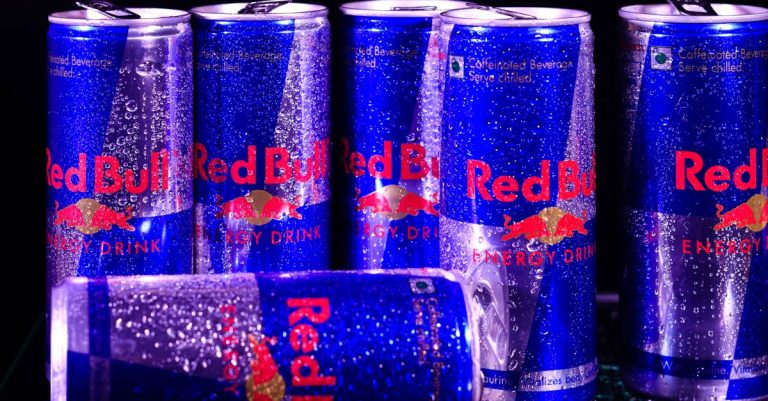Feeling fatigued and low on energy can be a common challenge in today’s fast-paced world. However, one of the most effective ways to combat sluggishness is by adopting a balanced diet. This article will explore how a well-rounded nutritional approach can serve as a powerful tool to boost your energy levels and enhance your overall well-being.
Understanding Energy and Nutrition
Energy is essentially derived from the food we eat. The body converts macronutrients—carbohydrates, proteins, and fats—into energy to power our daily activities. To maintain consistent energy levels, it’s crucial to select the right foods and maintain a balanced diet. The following sections will discuss key components that can elevate your energy levels.
Essential Macronutrients for Energy
To optimize your energy levels, focus on incorporating the right macronutrients into your diet:
- Carbohydrates: These are the body’s primary energy source. Opt for complex carbohydrates such as whole grains, fruits, and vegetables.
- Proteins: Essential for repairing tissues and keeping energy stable. Lean meats, legumes, and nuts are excellent sources.
- Fats: Healthy fats found in avocados, olive oil, and fish can provide lasting energy and support brain health.
Foods That Boost Energy
Incorporate these energy-boosting foods into your daily meals:
- Bananas: Packed with potassium and carbohydrates, bananas are an excellent pre-workout snack.
- Oats: Rich in fiber and complex carbs, oats provide sustained energy throughout the morning.
- Spinach: This leafy green is loaded with iron, which is crucial for transporting oxygen in the blood and preventing fatigue.
- Almonds: A great source of protein and healthy fats, almonds help keep energy levels steady.
- Greek Yogurt: High in protein and probiotics, this creamy delight can enhance gut health while providing a quick energy boost.
Hydration: The Key to Energy
Often overlooked, hydration plays a vital role in maintaining energy levels. Dehydration can lead to fatigue, headaches, and decreased concentration. Aim to:
- Drink at least 8-10 glasses of water daily.
- Include hydrating foods in your diet such as fruits and vegetables.
- Limit caffeinated drinks, as they can lead to energy crashes if consumed excessively.
The Importance of Timing
What you eat is just as important as when you eat it. Proper meal timing can help you maintain steady energy levels:
- Regular Meals: Eating at regular intervals helps stabilize blood sugar levels.
- Pre-Workout Snacks: Consume a light meal or snack 1-2 hours before exercising to fuel your body.
- Post-Workout Refuel: After workouts, replenish your energy with a combination of carbs and protein.
Mindful Eating for Energy
Mindful eating involves paying attention to how you eat, which can positively impact your energy levels:
- Eat Slowly: Take your time to chew your food well, which aids in digestion.
- Listen to Your Body: Eat when you are hungry and stop when you are satisfied.
- Avoid Multitasking: Focus on your meal and minimize distractions to enjoy your food fully.
Conclusion
Boosting your energy levels through a balanced diet is not just about food; it encompasses various factors such as hydration, meal timing, and mindful eating. By incorporating a variety of nutrient-rich foods and staying conscious of your eating habits, you can significantly enhance your energy levels and overall health. Start making these small yet impactful dietary changes today for a more energetic tomorrow!













